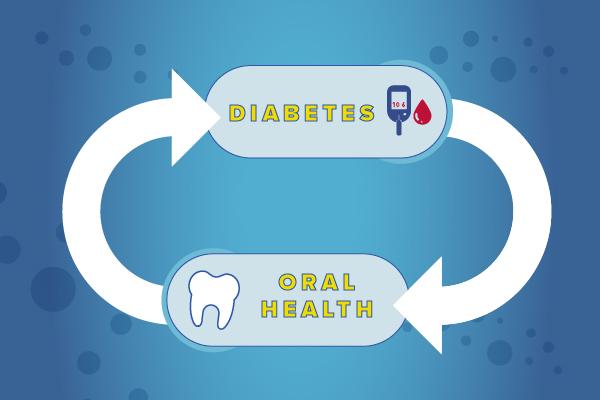Oral health is more than just having a bright smile and fresh breath; it plays a critical role in overall health and well-being. Many people underestimate the connection between their oral hygiene and the rest of their body. However, research has increasingly shown that oral health is intertwined with the health of the entire body, impacting everything from heart disease to diabetes. This article explores how oral health affects overall health, emphasizing the importance of maintaining good oral hygiene for a healthier life.
The Mouth-Body Connection
The mouth is often referred to as the “gateway to the body.” It is the entry point for nutrients and the first line of defense against harmful pathogens. The health of your mouth can provide clues about your overall health. Problems in your mouth can affect the rest of your body, and systemic conditions can manifest through oral symptoms.
The Role of Bacteria in Oral Health
Your mouth is home to billions of bacteria, most of which are harmless. However, some bacteria can cause oral infections, such as tooth decay and gum disease. Poor oral hygiene allows these harmful bacteria to proliferate, leading to conditions like gingivitis (inflammation of the gums) and periodontitis (severe gum disease). These oral infections can have far-reaching effects on overall health.
Gum Disease and Cardiovascular Health
One of the most well-documented connections between oral health and overall health is the link between gum disease and cardiovascular disease. Studies have shown that people with gum disease are more likely to suffer from heart disease. This connection is thought to be due to the inflammation caused by oral bacteria entering the bloodstream, contributing to the formation of arterial plaques. These plaques can lead to atherosclerosis, increasing the risk of heart attacks and strokes.
Oral Health and Diabetes
Diabetes and oral health have a bidirectional relationship. High blood sugar levels in people with diabetes can lead to an increased risk of gum disease. Conversely, gum disease can make it harder to control blood sugar levels, creating a vicious cycle. Maintaining good oral hygiene is crucial for people with diabetes to prevent complications and manage their condition effectively.

The Impact of Oral Health on Respiratory Health
Oral health can also affect respiratory health. Bacteria from the mouth can be inhaled into the lungs, leading to respiratory infections, including pneumonia. This risk is particularly high in older adults and individuals with weakened immune systems. Maintaining proper oral hygiene, including regular brushing, flossing, and dental check-ups, can reduce the risk of respiratory problems.
Oral Health and Pregnancy
Pregnant women are particularly susceptible to oral health issues due to hormonal changes that can increase the risk of gum disease. Research has shown that gum disease during pregnancy is associated with premature birth and low birth weight. Expectant mothers should pay close attention to their oral health, ensuring they receive regular dental care to avoid complications.
The Connection Between Oral Health and Cognitive Function
Emerging research suggests a link between oral health and cognitive function. Poor oral health, particularly gum disease, has been associated with an increased risk of developing Alzheimer’s disease and other forms of dementia. The chronic inflammation caused by gum disease may contribute to the development of neurodegenerative conditions.
The Importance of Preventive Care
Given the profound impact of oral health on overall health, preventive care is essential. Regular dental check-ups, proper brushing and flossing, and a healthy diet can significantly reduce the risk of oral and systemic diseases. Additionally, avoiding tobacco products and limiting alcohol consumption can improve oral and overall health.
Conclusion
Oral health is a vital component of overall health, influencing various aspects of well-being, from heart health to cognitive function. By maintaining good oral hygiene and seeking regular dental care, you can protect your mouth and your body. Remember, a healthy smile is more than just an aesthetic asset—it’s a reflection of your overall health.

